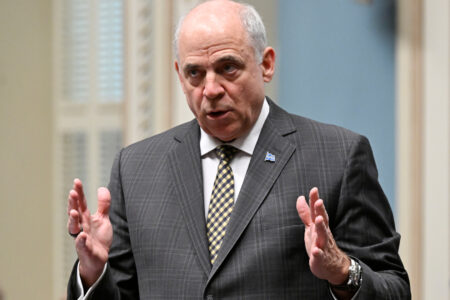
The end of summer and the start of the school year can make people who (like me) aren’t going back to school nostalgic.
I remember being a younger, twenty-something grad student who taught undergrads. And that the instructor before me was a distinguished professor who had written our course textbook.
I worked hard, did a good job teaching and enjoyed it immensely, but I sometimes wonder whether my students got short-changed. After all, instead of being taught by a tenured prof, they were being taught by a grad student who was only slightly older than them.
I haven’t found any good data on this, so I don’t know whether my story was part of a larger trend on university campuses in Canada, but I suspect that the share of teaching done by grad students has increased significantly over the past few decades.
There are good financial reasons for this: a professor gets a research grant and buys out his/her teaching time (at, say, $10k for the course). The university hires a graduate instructor (making less than $10k). The department saves money.
There are few complaints among these people. It could even be called a socially-efficient arrangement ”” better research professors can focus their time on what they do best (research), grad students get valuable on-the-job training that helps them apply for future academic jobs, and the university’s bottom-line improves.
But do students suffer as a result of this arrangement? (Yes, they can fill out course evaluations, but unless the results are terrible, these generally receive little weight in most hiring and tenure decisions ”” at least at research-intensive schools.)
Anyway, I no longer teach and this happened almost a decade ago, but with my son starting Junior Kindergarten this month, I starting thinking about the quality of instruction he can expect as an undergrad.
I get that it’s cheaper for universities to have grad students teach instead of profs. But sometimes I worry that we get what we pay for.






